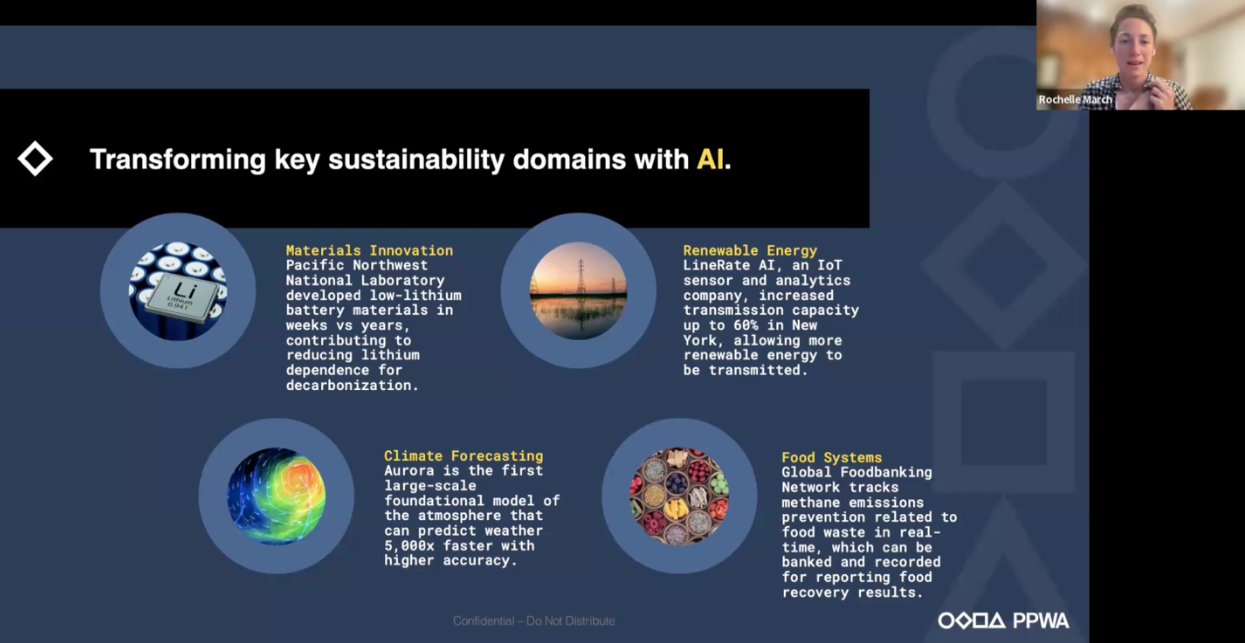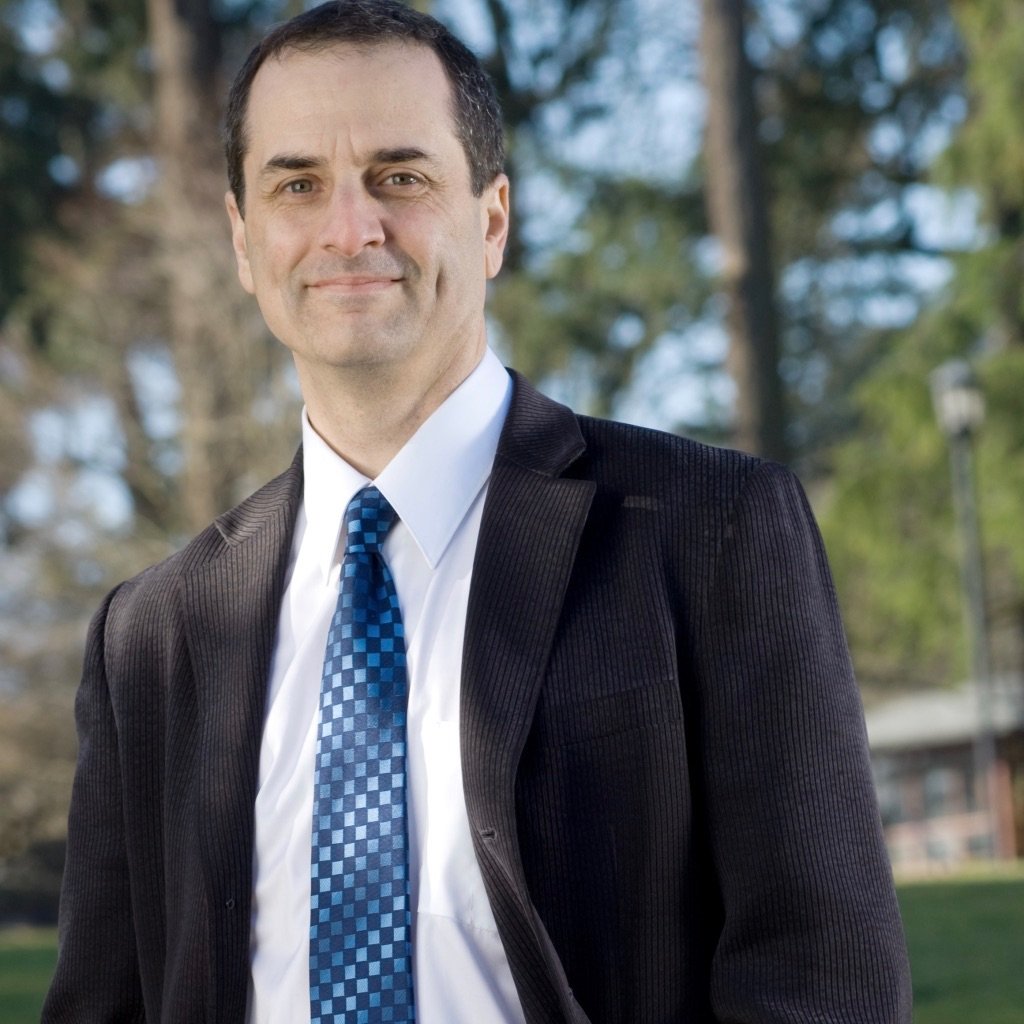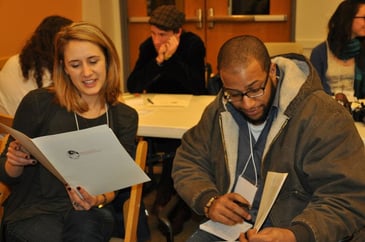AI and Sustainability: Bard Alum Rochelle March Leads Short Course

How can AI support a sustainability transformation? This summer, dozens of students and alum from Bard’s Graduate Programs in Sustainability participated in a short course from alum Rochelle March, MS/MBA '15, that dug into the promises—and perils—of “large language model” technology.
March is a dual degree graduate from Bard, earning both her MS in Environmental Policy and her MBA in Sustainability. She leveraged these degrees to pursue a data-driven career first at S&P Global, and then at Dunn & Bradstreet, where she was Global Head of ESG Product. Now she runs her own consulting firm, People Places Words Action (PPWA).
March says that AI can enhance sustainability through four pathways:
- Prediction and Optimization: improving resource efficiency, reducing carbon use, and optimizing materials while maintaining functionality.
- Accelerating Innovation: speeding up breakthrough discoveries from years to weeks.
- Handling Complexity: analyzing highly qualitative sustainability data such as stakeholder interviews, policy documents, and descriptive reports at scale.
- Empowering Workforces: democratizing sustainability knowledge and action.
You can download an excerpt from her summer course that focuses on both big picture advantages and concrete examples of AI for sustainability work here:
March also discussed the challenges of AI with Bard students and alum, from the massive energy and water demands of data centers to the risks of de-skilling and job loss. At the same time, much of the course centered on how sustainability leaders can make the most of emerging AI systems through practical applications and case studies.
"The AI in Sustainability course was a practical, approachable, hands-on introduction to large language models and how to leverage them to Lead the Change,” said Bard MBA Alum Jordan Sabine. “Rochelle was an excellent instructor and I'm now leveraging AI in my life and work with more confidence than before."
This short course offered Bard students and alum both inspiration and practical tools — equipping future sustainability leaders to navigate AI’s opportunities and risks with confidence.





